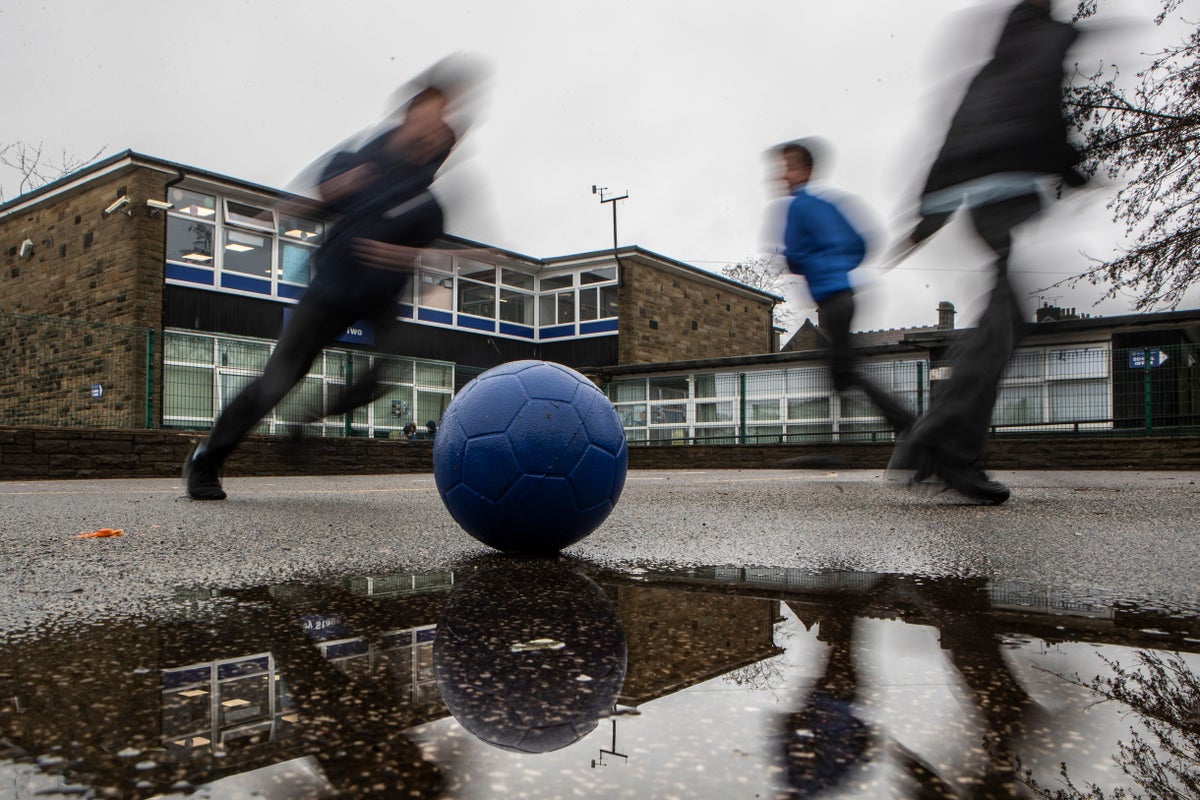
Regular physical activity can improve adolescents’ mental health and help with behavioural difficulties, new research has shown.
Engaging in regular moderate to vigorous exercise at age 11 was found to be associated with better mental health between the ages of 11 and 13.
Physical activity was also linked to reduced hyperactivity and behavioural problems in young people, such as loss of temper, fighting with other children, lying and stealing.
The study was carried out by researchers from the universities of Edinburgh, Strathclyde, Bristol, and Georgia in the United States.
They claim their paper is the first to offer such a comprehensive approach to examining mental health and exercise in young people.
The researchers explored data from the Children of the 90s study – also known as the Avon Longitudinal Study of Parents and Children – which looked at the levels of exercise in 4,755 11-year-olds.
This study adds to the increasing evidence base about how important physical activity is for all aspects of young people’s development— Dr Josie Booth, University of Edinburgh
The youngsters’ movements were measured using devices which recorded levels of moderate physical activity – typically defined as brisk walking or cycling – as well as vigorous activity which boosts heart rate and breathing, such as aerobic dancing, jogging or swimming.
The young people and their parents also reported on their levels of depressive symptoms at age 11 and 13, and parents and teachers were quizzed about the children’s general behaviour and emotional difficulties.
In analysing the impact of moderate to vigorous exercise on the young people’s mental health and behaviour, the team also considered factors such as age, sex and socio-economic status.
They found higher levels of moderate or intense physical activity had a small but detectable association with decreases in depressive symptoms and emotional difficulties.
Regular exercise was also linked to reduced behavioural problems, the study found.
Researchers said the findings suggest regular moderate and intense physical activity may have a small protective influence on mental health in early adolescence.
Professor John Reilly, of the University of Strathclyde, said the results are important because the level of exercise among adolescents today is concerning.
“The levels of moderate to vigorous intensity activity globally are so low in pre-teens globally – less than a third achieve the 60 minutes per day recommended by the WHO and UK health departments,” he said.
“While it might seem obvious that physical activity improves mental health the evidence for such a benefit in children and young people has been scarce, so the study findings are important.”
Dr Josie Booth, of the University of Edinburgh’s Moray House School of Education and Sport, said: “This study adds to the increasing evidence base about how important physical activity is for all aspects of young people’s development – it can help them feel better, and do better at school.
“Supporting young people to lead healthy active lives should be prioritised.”
The study is published in Mental Health and Physical Activity.
The Children of the 90s study, which receives core funding from the Medical Research Council, the Wellcome Trust and the University of Bristol, is a long-term health research project that enrolled more than 14,000 pregnant women in 1991 and 1992.
It has been following the health and development of the parents and their children in detail and is currently recruiting the children and the siblings of the original children into the study.







